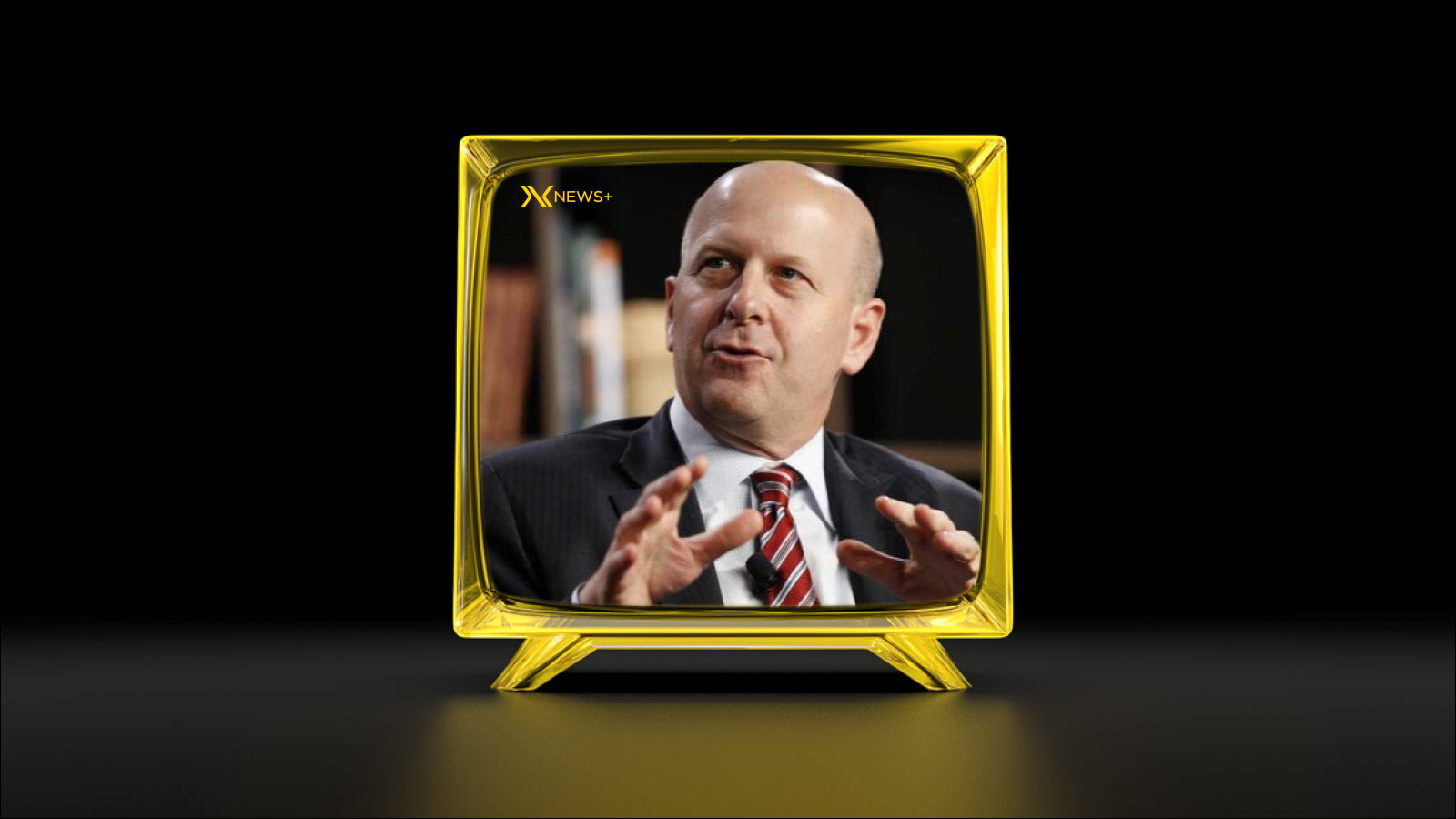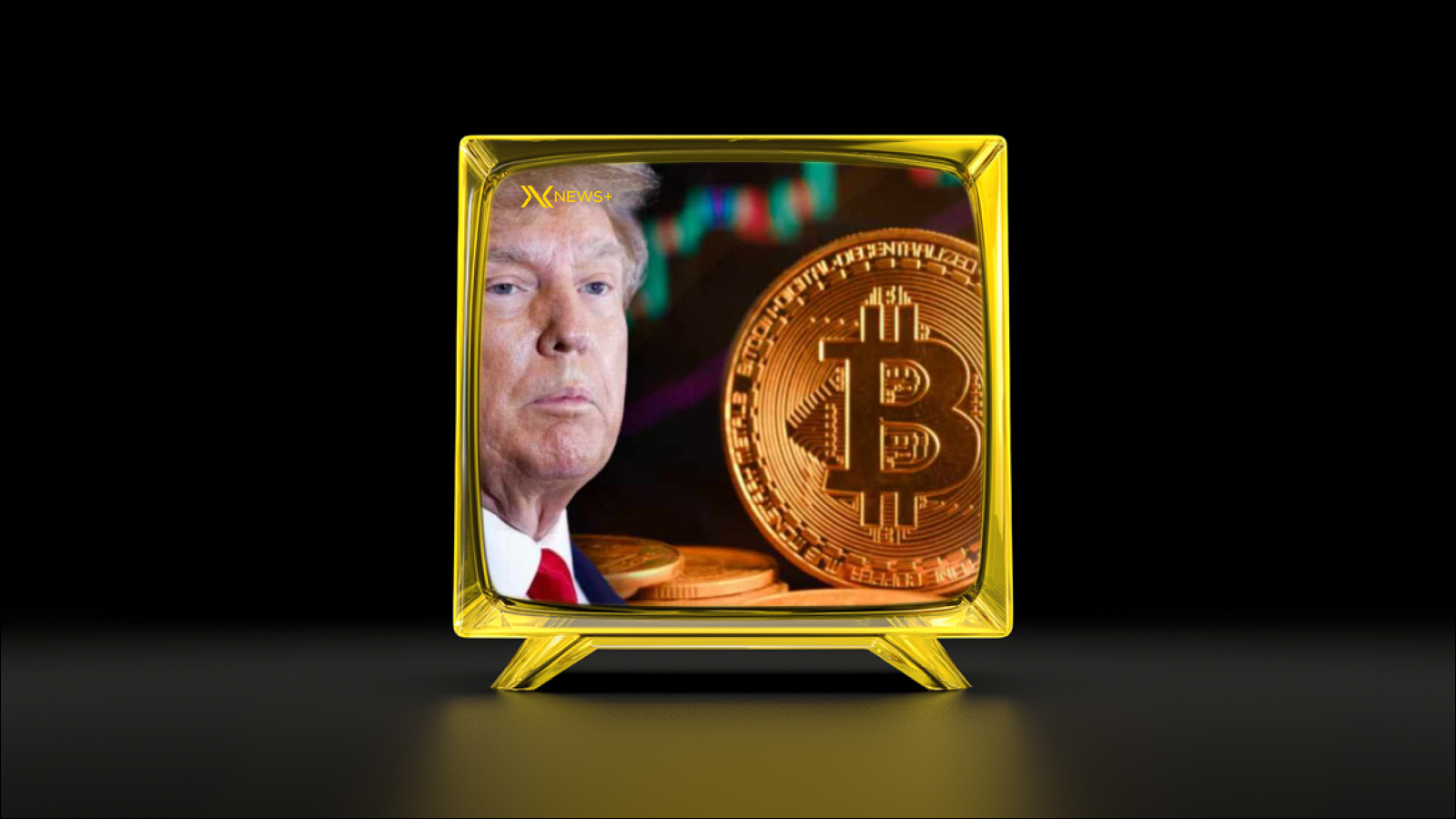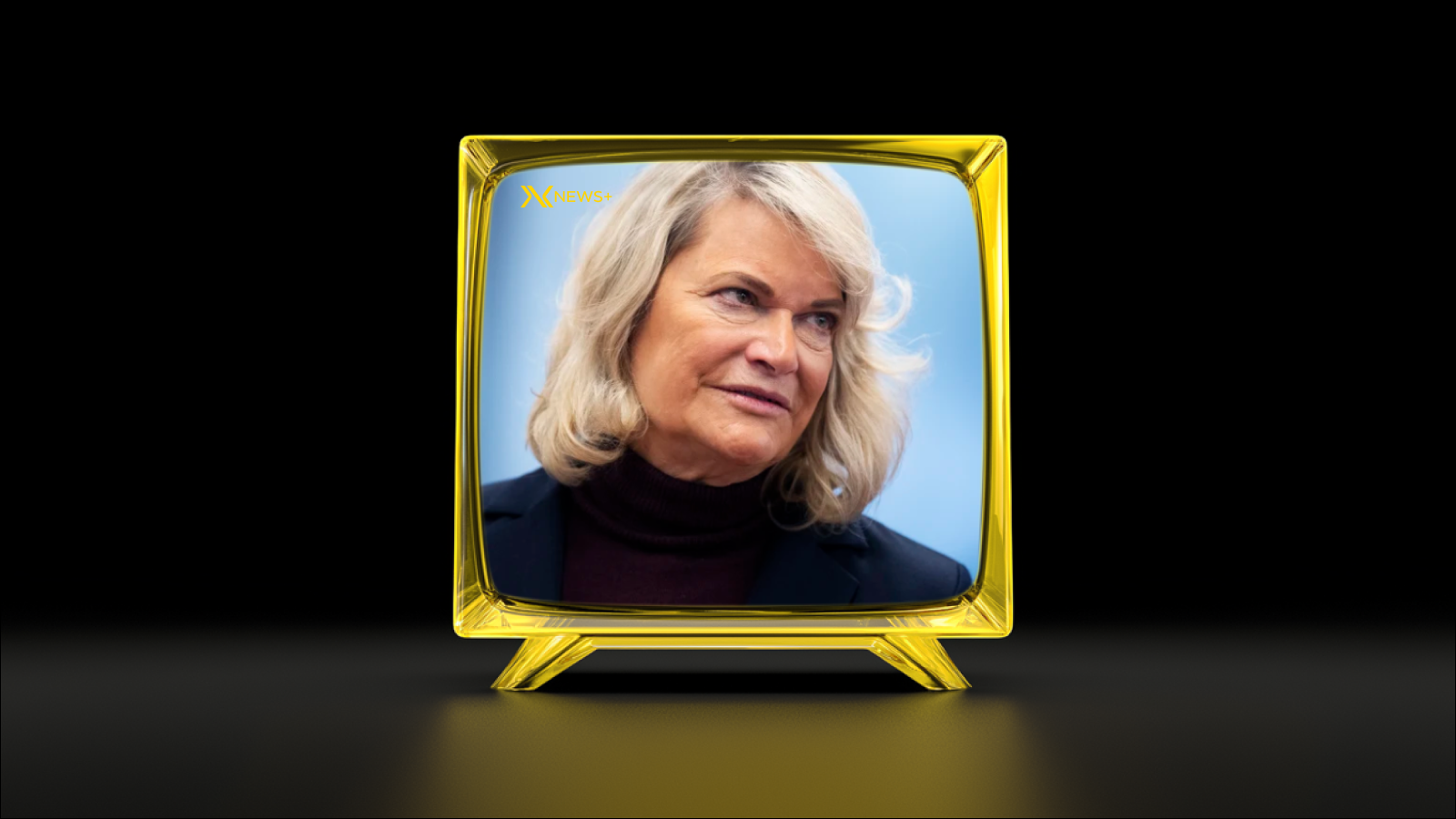The perception of Bitcoin as a store of value has grown significantly in recent years, especially in light of inflationary concerns and economic instability. Many investors now view Bitcoin as digital gold, believing it can act as a hedge against inflation. This idea is bolstered by its finite supply, with only 21 million Bitcoins expected to ever exist, creating scarcity much like precious metals. The Goldman Sachs CEO has acknowledged this shift in perception, indicating that while Bitcoin may not be a direct competitor to traditional fiat currencies, it certainly serves a role within a diversified portfolio.
Furthermore, the inherent properties of Bitcoin—such as its decentralization and security—add to its appeal as a store of value. Unlike fiat currencies that can be manipulated by central banks, Bitcoin operates on a decentralized network, making it less susceptible to political and economic changes. This aspect is particularly attractive to those looking for alternative ways to safeguard their wealth.
As financial institutions continue to explore the merits of cryptocurrencies, discussions around Bitcoin’s viability as a long-term store of value gain traction. The endorsement from figures like the Goldman Sachs CEO lends credibility to the narrative that Bitcoin has earned its place in the financial ecosystem.
Investors and analysts alike are keenly observing how Bitcoin’s role may evolve alongside new regulatory frameworks and technological advancements. With more institutional involvement, the discussion surrounding its status as a store of value is likely to expand, further legitimizing its utility in modern finance.
The Role of Blockchain Technology
Blockchain technology serves as the backbone of cryptocurrencies, enabling decentralized and secure transactions without the need for a central authority. This technology ensures transparency and accountability, as each transaction is recorded on a public ledger that is immutable and can’t be altered retroactively. For the Goldman Sachs CEO, understanding the implications of blockchain is crucial, as it can revolutionize traditional finance systems.
Moreover, blockchain facilitates faster transaction processes, reducing the time and costs usually associated with cross-border transactions. This efficiency is essential for banks and financial institutions like Goldman Sachs, which continuously strive to enhance operational effectiveness and meet client needs.
Furthermore, the integration of blockchain into financial services has the potential to disrupt various sectors, from remittances to asset management. As the Goldman Sachs CEO pointed out, the adoption of this technology may not pose a direct threat to established currencies but offers significant opportunities for innovation within the financial landscape.
As blockchain technology evolves, it will likely play an increasingly pivotal role in shaping the future of finance. The viewpoints shared by industry leaders, including the Goldman Sachs CEO, underline the importance of keeping abreast of technological developments to harness their full potential.
Goldman Sachs has established a robust strategy for engaging with digital assets, recognizing the transformative potential of cryptocurrencies and blockchain technology. The firm’s approach reflects the insights of the Goldman Sachs CEO, who advocates for a measured view of the digital asset landscape. By integrating these new technologies into its services, Goldman Sachs aims to bolster its position as a leader in the financial sector while also catering to an increasingly digital-savvy clientele.
The company has developed a suite of offerings aimed at institutional investors, which includes trading and custody solutions for digital assets. This strategic move not only enhances their client offerings but also signals a commitment to innovation in response to the growing demand for cryptocurrency exposure. The Goldman Sachs CEO has emphasized that understanding the nuances of digital assets is crucial for effectively leveraging their potential.
Furthermore, Goldman Sachs views digital assets as an opportunity to diversify its investment strategies and meet the evolving needs of its customers. With a focus on risk management and compliance, the firm is navigating this new frontier cautiously yet confidently, ensuring that it adheres to regulatory guidelines while exploring new market opportunities.
As the conversation around digital currencies continues to evolve, Goldman Sachs is poised to adapt, leveraging its significant resources and expertise to make informed decisions about its role in this dynamic environment. The insights from the Goldman Sachs CEO underscore the importance of balancing innovation with practicality as the firm navigates the complexities of the digital asset realm.
Regulation and Future Outlook
As blockchain technology and digital assets gain traction, the regulatory landscape surrounding cryptocurrencies, including Bitcoin, is evolving rapidly. The statements from the Goldman Sachs CEO stress that proper regulation is crucial to mitigate risks associated with fraud, money laundering, and other illicit activities that can emerge in a largely unregulated environment. This is pivotal as regulatory bodies worldwide continue to scrutinize the cryptocurrency market more rigorously.
Future regulatory frameworks are expected to focus on creating a safer trading environment for all parties involved. Increased transparency, consumer protection, and compliance with anti-money laundering (AML) and know-your-customer (KYC) policies will likely become standard practices. This will not only enhance the legitimacy of cryptocurrencies but will also bolster institutional investment into the space. The Goldman Sachs CEO has indicated that such changes could ultimately strengthen the relationship between traditional financial systems and digital assets.
In the upcoming years, it is anticipated that we will see a more harmonized approach to cryptocurrency regulation across different countries. Policymakers are beginning to understand the necessity of balancing innovation with regulatory oversight, which will play a fundamental role in shaping the future of Bitcoin and other cryptocurrencies. Consequently, as regulations become clearer, institutional players might reignite their interests in the crypto market, further legitimizing its position in the financial ecosystem.
Frequently Asked Questions
What is the main assertion made by Goldman Sachs CEO regarding Bitcoin?
The CEO of Goldman Sachs asserts that Bitcoin is not a threat to the U.S. Dollar.
Why does the CEO believe Bitcoin is not a threat to the dollar?
He suggests that Bitcoin is a speculative asset rather than a currency that poses a serious risk to traditional monetary systems.
How does the CEO view the future of cryptocurrencies?
He acknowledges the growing interest in cryptocurrencies but maintains skepticism about their ability to replace fiat currencies like the dollar.
What are some concerns regarding Bitcoin mentioned by the CEO?
Concerns include the volatility of Bitcoin, regulatory challenges, and its limited use as a medium of exchange.
Does Goldman Sachs have any involvement with cryptocurrencies?
Yes, Goldman Sachs has taken steps to embrace cryptocurrencies through trading services and investment products.
How does the CEO’s viewpoint align with broader industry opinions on cryptocurrencies?
His viewpoint reflects a cautious stance prevalent among many traditional financial institutions that recognize cryptocurrencies’ potential while also highlighting their risks.
What implications does the CEO’s statement have for investors?
Investors may interpret this statement as a signal to approach Bitcoin with caution and to consider it as part of a diversified portfolio rather than a direct replacement for the dollar.
Disclaimer
This article is for informational purposes only and does not constitute financial or investment advice. Cryptocurrency investments carry inherent risks, including market volatility and potential loss of principal. Always conduct thorough research or consult a financial advisor before making investment decisions.





